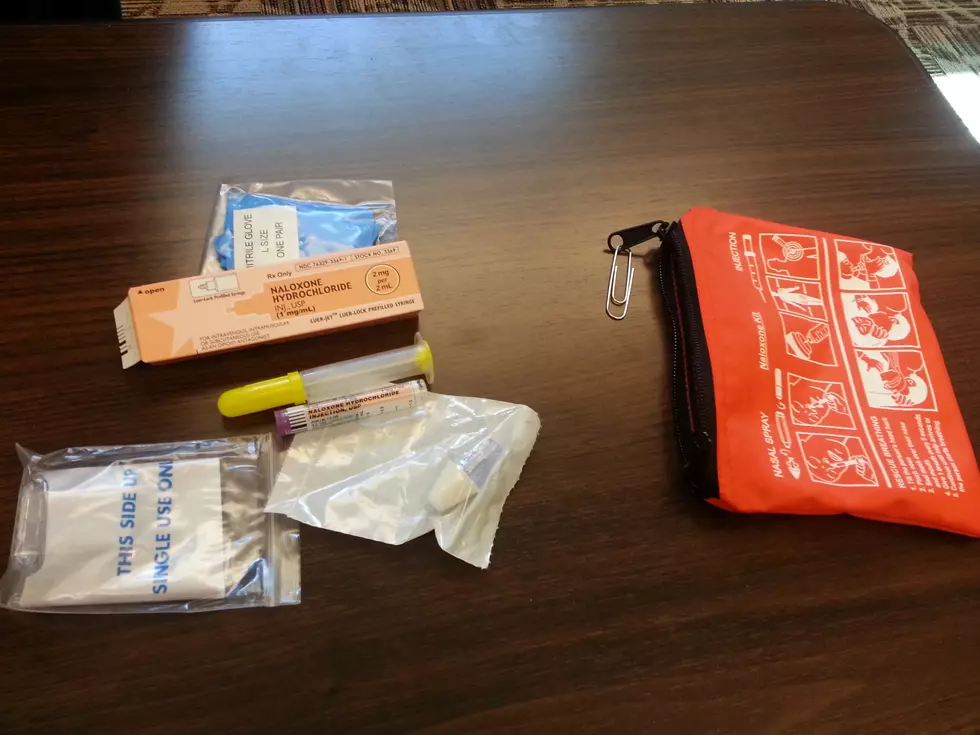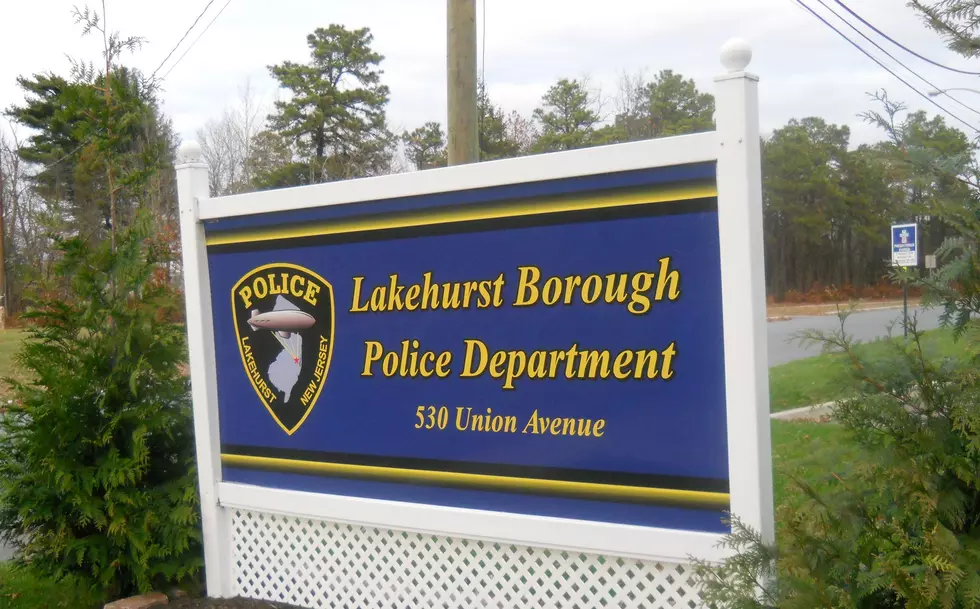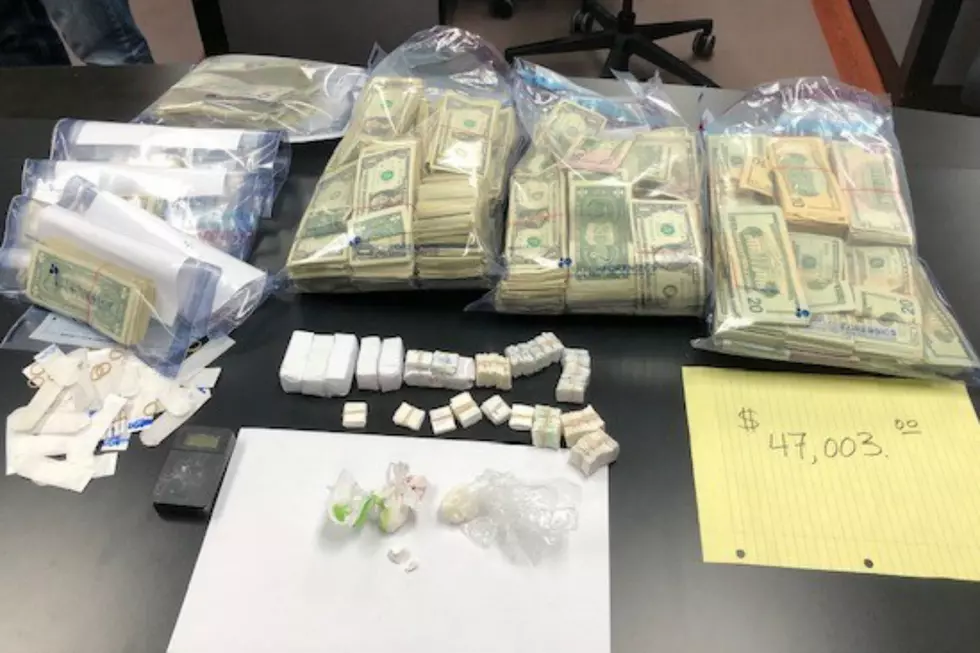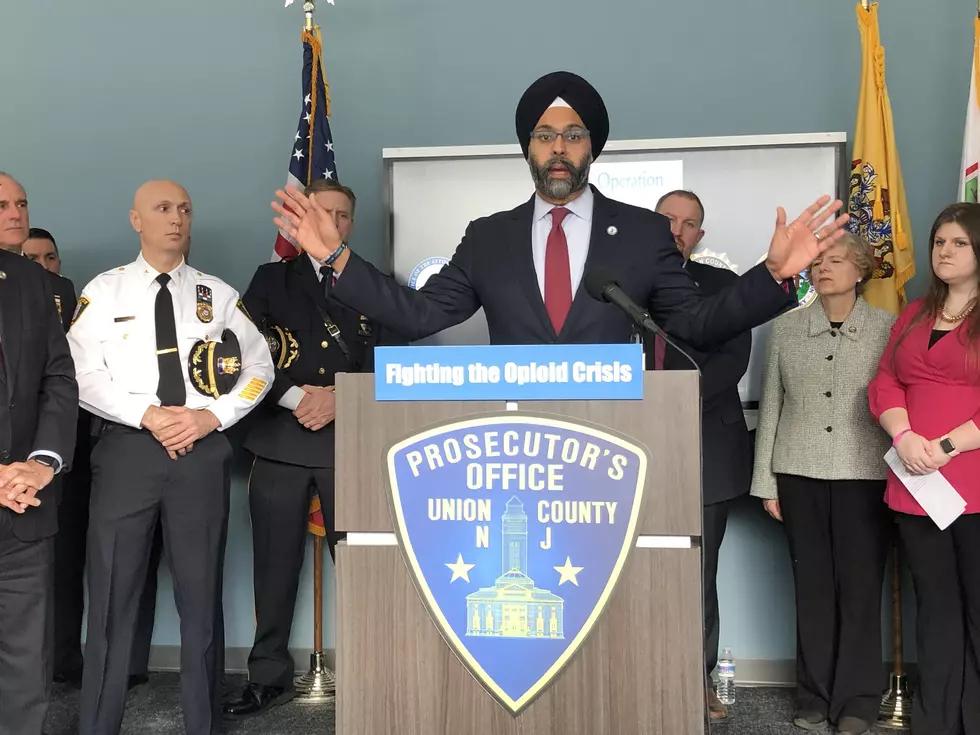
Narcan’s impact on New Jersey’s heroin epidemic
In Part 2 of a week-long series on New Jersey's heroin epidemic, we take a look at the heroin antidote Narcan, how's it's being used by law enforcement and emergency medical personnel in the state, and it's impact on the growing drug problem.
Following a successful pilot program in Ocean and Monmouth counties, police and EMS crews across the Garden state began carrying and administering the heroin antidote drug Narcan last summer.
"During 2014 over 2,000 lives in New Jersey were saved by Narcan. It's giving people a second chance, but what we need to do as a state is to provide resources and support for those individuals that are given that second chance to get treatment, and I think that's really the next step," said Angelo Valente, the executive director of the Partnership for a Drug Free New Jersey.
Valente said unfortunately, some heroin users saved by Narcan go back to their addictive habit right away.
"There certainly needs to be a response to that individual that provides the necessary treatment and help that they need," he said.
Steve Liga, the executive director of the Middlesex County Chapter of the National Council on Alcoholism and Drug Dependence agrees that additional treatment is important.
"You administer Narcan, somebody who would have died lives, so you can't argue with that," he said. "But there's no provision for treatment after that, so the person is still addicted to their heroin and they're going to use again -- it's actually saving them that day -- that's a good thing, but there needs to be that follow-up to that."
Dr. David Buch, chief medical officer at the Carrier Clinic said it's important to remember that there's no "quick fix" for addiction problems.
"Addiction is like heart disease, it's a chronic problem, it takes time, there's not a quick easy fix for it. What we're hoping is people find their way to recovery, which is often a passage, at least we can help cushion people from some of the horrible tragedies that happen," Buch said
He said out the addiction is simply too powerful, it overwhelms everything else, so people need guidance, support and treatment to break free from its grip.
"The earlier we can do that, the better," he said.
According to Buch, Narcan was traditionally given by injection, but now it can be sprayed in someone's nostril, and it's absorbed extremely quickly. In addition, you don't require any type of medical training to administer it, which is a huge benefit.
In Part 3 of our series, we'll hear the story of one young man who finally broke free from his addiction and turned his life around.
Click below to read the first in our series on NJ's Heroin Epidemic:
More From New Jersey 101.5 FM









